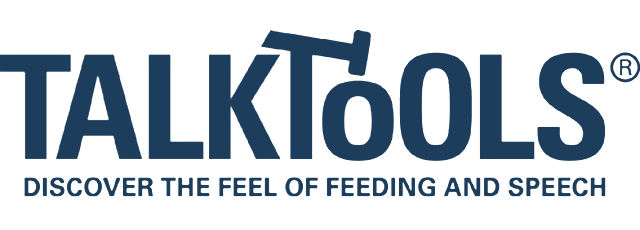Speech and language therapy services help children and adults who have difficulty producing speech sounds, can’t articulate specific sounds, stutter, or have a voice disorder. Language disorders are characterized by difficulty communicating meaning and/or understanding thoughts, ideas, and feelings being communicated.
Montclair Speech Therapy successfully treats apraxia, dysarthria, aphasia, language-based learning disabilities, and selective mutism

-

What is Apraxia of Speech?
Individuals living with apraxia know what they want to say but have difficulty moving their lips, jaw, and tongue into the correct positions required to make speech sounds. Apraxia occurs when messages from the brain to the mouth are disrupted. Treatment includes PROMPT techniques, speech sound repetition as well as mouth movement, and pacing exercises.
-

What are Symptoms of Dysarthria?
Characterized by slurred or slow speech, dysarthria results from a lack of coordination, weakness, and/or paralysis of muscles that produce speech sounds. Treatment plans must take into consideration the cause and severity of the disorder, establishing goals and strategies that will improve communication abilities.
-

What is Aphasia?
Damage that impacts language centers in the brain can impair a person’s ability to speak, write and understand verbal and written language. Individuals experiencing Aphasia often report “tip of the tongue” phenomenon where they know what they want to say but have difficulty getting the words out. Treatment focuses on rehabilitation and recovery of language skills as well as developing additional methods of communication.
-

Can Language-Based Learning Disabilities be Overcome by Treatment?
When treated early, learning difficulties in reading, writing and spelling can be addressed effectively with teachers, parents, and caregivers. Treatment focuses on activities that support the development of missing skills, enabling the student to develop strategies for combining sounds, comprehension, and executive function.
-

Can Selective Mutism be Treated?
Selective Mutism is when an individual does not speak in specific social situations, interfering with school, work, or social communication. Treatment plans include a behavioral approach that builds confidence, reduces anxiety, and addresses any speech or language issues that may be a hindrance.
Schedule an Appointment
Call us today to schedule a consultation 973-744-0804.








